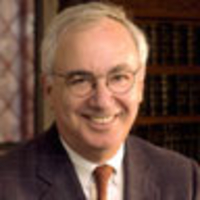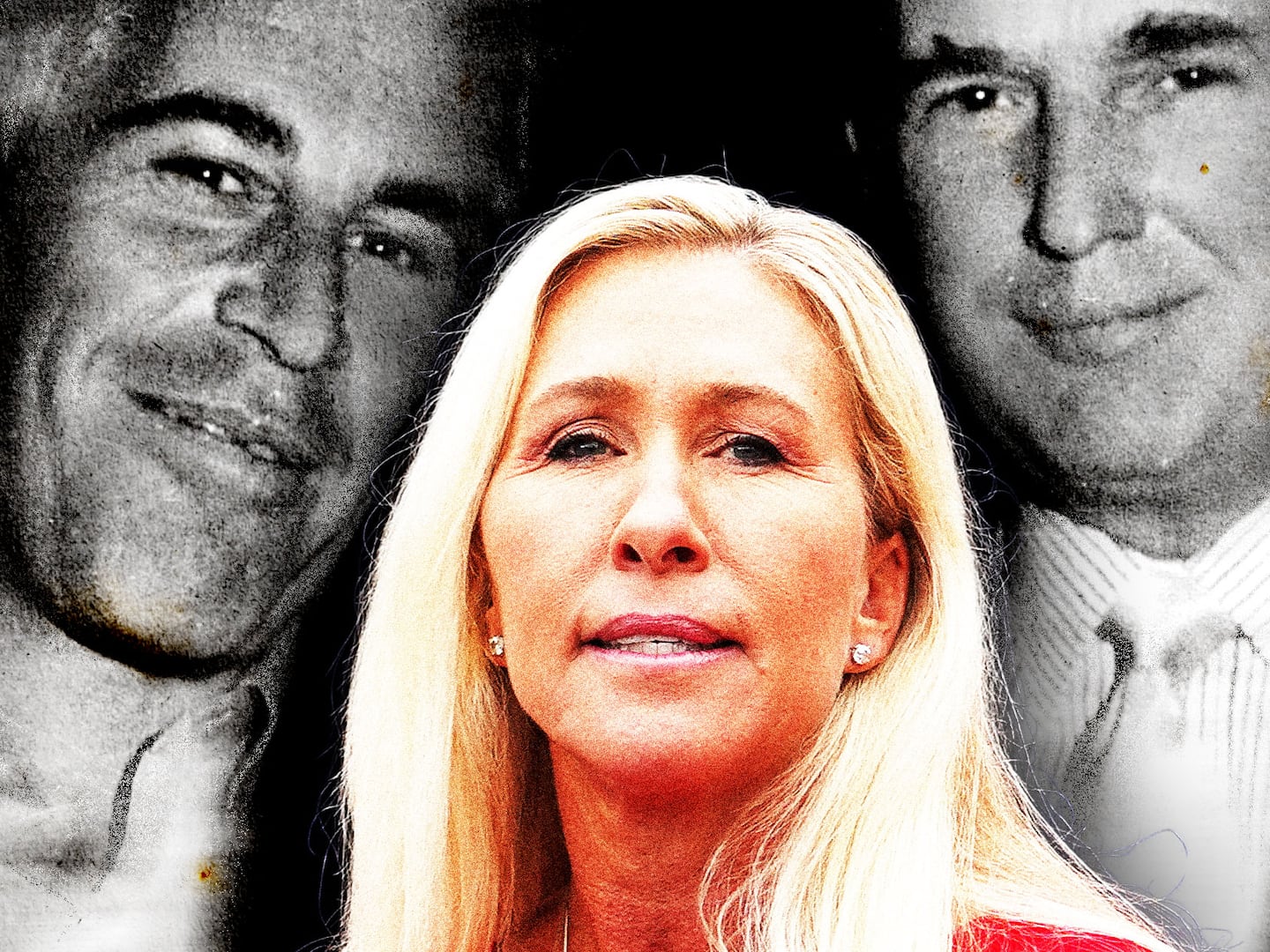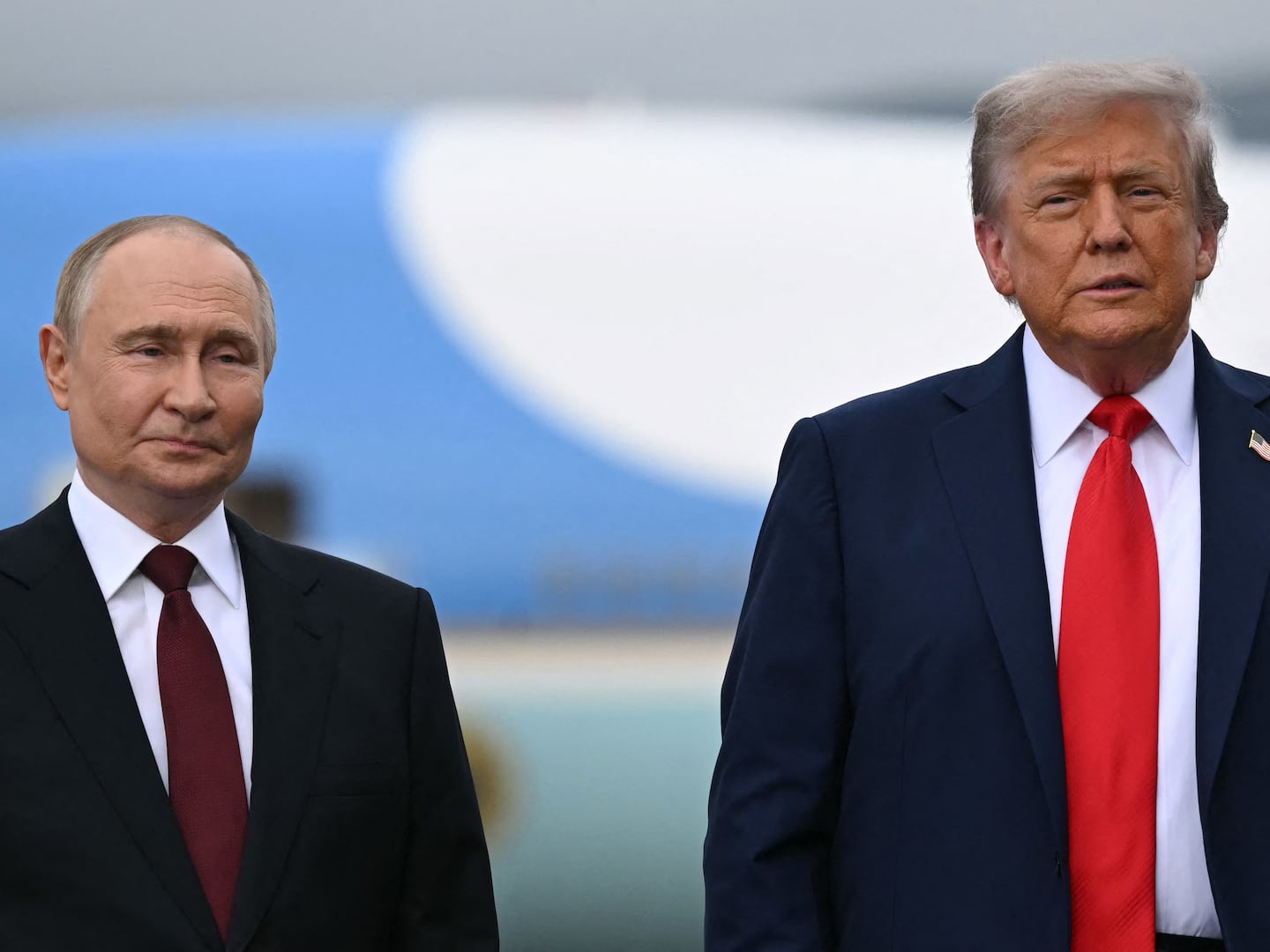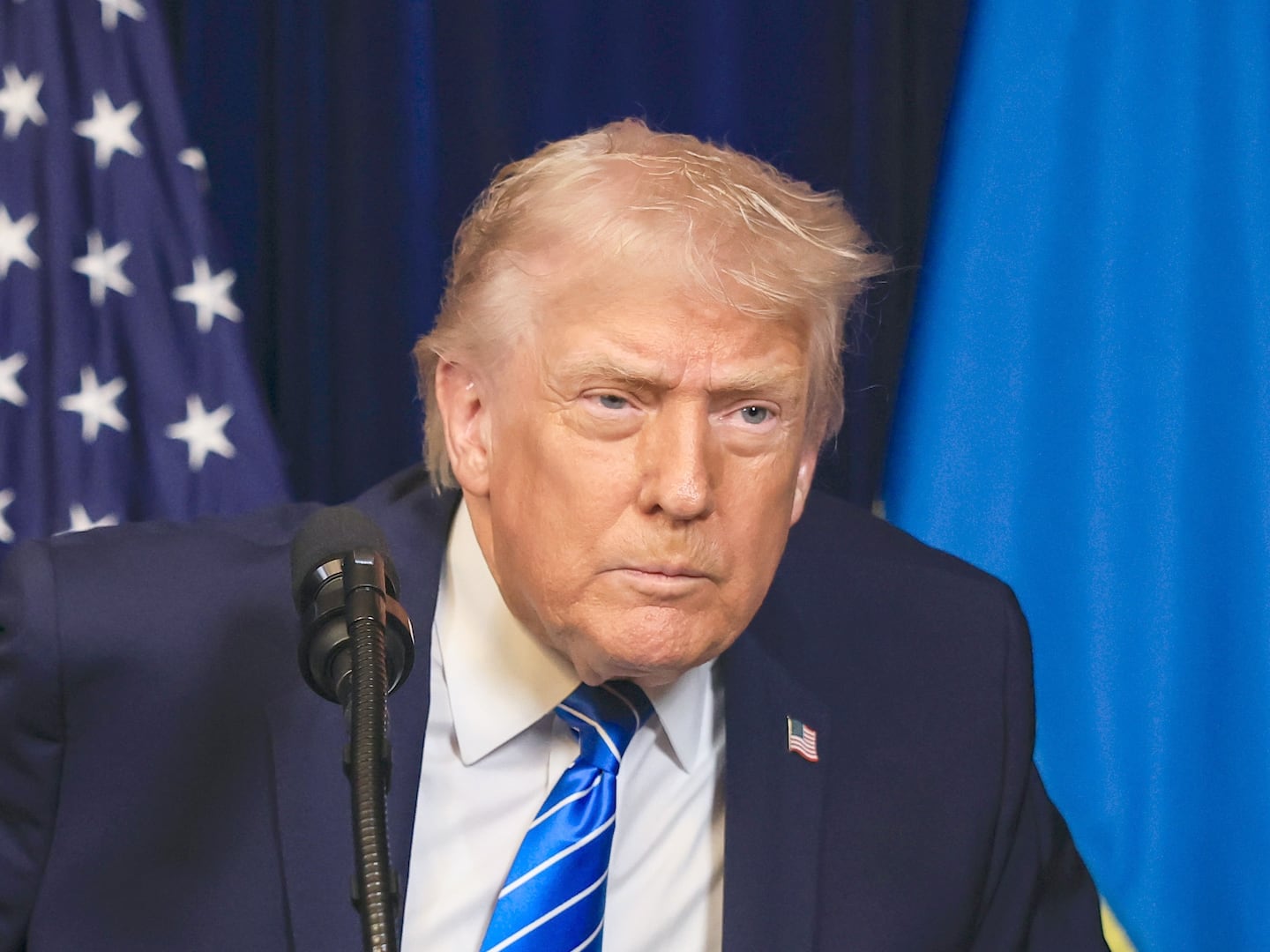The present confrontation over the War Powers Act requires Congress to rethink some tragic events of the past decade. It has been tempting to view the torture memos as an unfortunate accident—the result of legal ideologues finding themselves at key positions at a moment of crisis. But the debate over President Obama's bombing campaign in Libya forces us to ask whether there is an emerging crisis of legality within the executive branch.
It is hardly surprising that the president wants to make life easy for himself and claim that the War Powers Act doesn't require him to gain explicit congressional authorization for continued bombing—despite its insistence that he do so within 60 days of commencing "hostilities." But it is disturbing when his lawyers present arguments that are so profoundly unpersuasive. An initial effort by White House Counsel Robert Bauer was painfully inadequate, amounting to a single paragraph of conclusory assertion. To beef up its case, the administration has now sent Harold Koh, legal adviser to the State Department, to testify before the Senate Judiciary Committee.
Koh got off on the wrong track by treating "hostilities" as an "ambiguous term of art" divorced from common-sense understandings. So far as he is concerned, it doesn't matter whether most Americans think that a billion-dollar bombing campaign is a paradigm case of "hostilities"; the president can cut himself from public opinion and insist that he, and he alone, can decide whether his lawyer's clever arguments are good enough to cut Congress out of the decision.
Even by Beltway standards, Koh's arguments were unimpressive. Our mission was too limited to amount to "hostilities," he explained, even though its duration is entirely open-ended, and U.S. planes and drones could continue bombing for years, with costs rising into the billions. He also recognized that our support was central to the entire multinational effort, warning that its elimination would "undo NATO's progress." But despite our centrality to the overall campaign, the U.S. Air Force wasn’t killing enough people to satisfy the administration’s demanding standards for "hostilities" that require congressional approval.

By joining George W. Bush in blazing novel legal pathways for super-presidentialism, Obama's break with the War Powers Act suggests a deeper pathology. There is something wrong with the basic system through which presidents get their legal advice. Without fundamental reform, we can expect repeated scenarios in which top administration lawyers rubber-stamp power-grabs even when they are in blatant violation of fundamental laws.
The current hyper-politicized system is the product of a series of historical accidents. One great change involves the rise of the White House counsel to a position of legal authority. When the job was created in 1943, it was occupied by senior statesmen like Sam Rosenman and Clark Clifford. Since they operated as free-wheeling presidential advisers and speechwriters, they saw no need to hire a permanent professional staff—leaving presidents to rely exclusively on the Justice Department for serious legal analysis. This only changed when Richard Nixon appointed John Dean his White House counsel. The 31-year old Dean lacked the heft of his predecessors, so he had to find some new mission for himself. This led him to create an "in-house" legal office to provide White House staffers with advice on a host of low-level matters. Once he set up shop, the demand for help led him to hire five other up-and-comers—and thus the fully professional counsel operation was born.
When Dean stumbled into Watergate, his involvement might well have destroyed his office. But presidents have found it too useful, and its high-powered—but hyper-political—staff is now larger than the approximately 25 lawyers assigned to the traditional arbiter of legal matters: the Justice Department's Office of Legal Counsel.
By a curious historical irony, the spirit of John Dean lurks behind the Obama's administration's present embarrassment over the War Powers Act. When Caroline Krass, the acting head of the Office of Legal Counsel, interpreted the act to require the president to gain congressional consent for his bombing campaign, White House Counsel Robert Bauer preempted the Justice Department's effort to tell the president what he didn't want to hear. Bauer organized a series of White House meetings at which he and Koh contested Krass' interpretation. This would have been impossible a generation ago, when the Office of Legal Counsel was the only serious game in town.
But even OLC isn't what it used to be. Until the 1970s, its staff was composed largely of longtime government lawyers, with only two slots reserved for political appointees. But Jimmy Carter broke this pattern, reserving all top jobs for political appointees, aided by a group of brilliant young lawyers who soon move on to even better jobs. This leaves only three or four long-timers on the staff. This transformation will make it easy for future administrations to copy the Bush example, and put their own versions of John Yoo into key posts.
We have a double problem: When, as in the current case, the Office of Legal Counsel demonstrates legal integrity, it can be overruled by the politicized White House Counsel's office; but some of the time, the Justice Department group will find itself so politicized that it will do the president's bidding on its own. The danger of rubber-stamping is greatest when, as in the war-powers area, the Supreme Court is unlikely to intervene to resolve the key legal issues.
To respond to this danger, Congress should create a new legal tribunal within the executive branch that will be more insulated from raw political pressures. This panel should consist of nine judges, appointed by the president and confirmed by the Senate, for 12-year terms. This will provide the relative independence needed to consider whether the sitting president's lawyers are presenting serious legal arguments for their unilateral actions. The new tribunal would give the president the institution he needs, under modern conditions, to fulfill his constitutional obligation “to take care that the laws be faithfully executed.” The present system too readily transforms the rule of law into an apologia for arbitrary presidential power.
Fundamental reform raises lots of important issues of institutional design. But it is past time for Congress to confront them rather than await even worse exercises of presidential unilateralism in the decades ahead.






